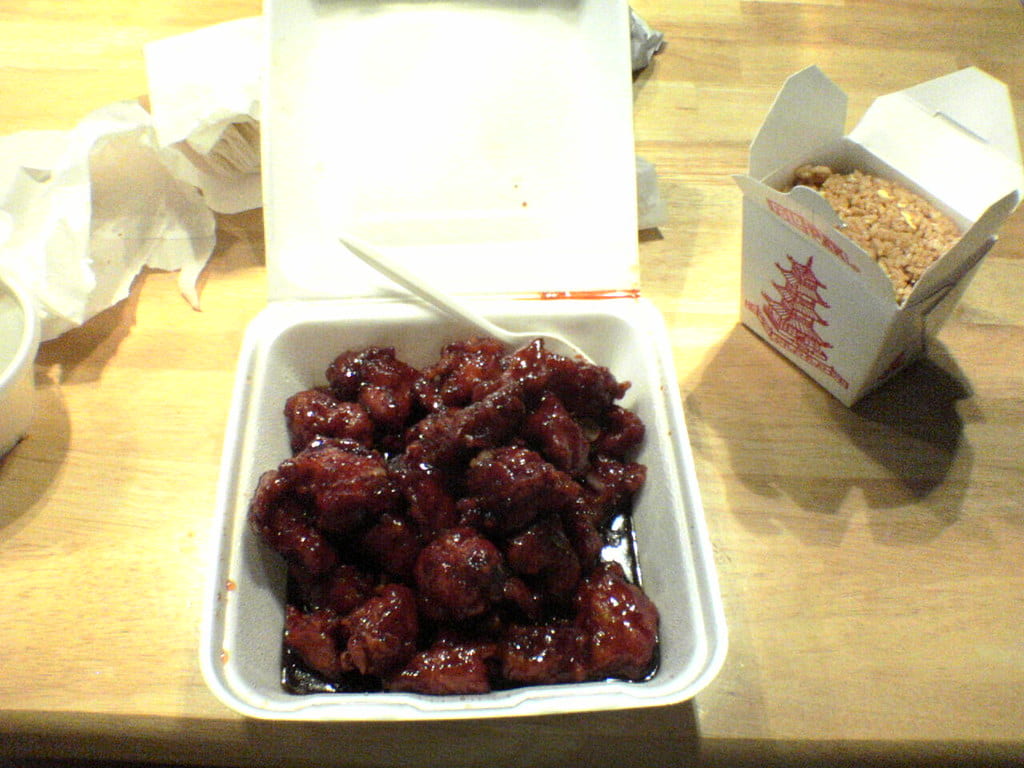Although scientists and researchers have been debunking myths around monosodium glutamate for decades, it’s not uncommon to come across online reviews for local Chinese restaurants where Yelp users make unfounded claims about the food ingredient better known as MSG, which is found in a variety of popular food items, including Doritos and KFC.
In a contributed article in The Seattle Times, University of Washington Center for an Informed Public postdoctoral scholar Madeline Jalbert asks: “Why has it been so difficult to update our attitudes?”
To answer that, it’s important to understand the continued influence effect, which Jalbert, who studies social and cognitive psychology, explains can cause outdated or incorrect information to have longer-term influence on our beliefs even after corrected or updated information is available.
As Jalbert writes in The Seattle Times:
When we receive a correction about something we already know, we don’t simply erase the old information from our minds. Rather, representations of both the old information and its correction coexist in our brain’s knowledge networks, playing a role in guiding our future judgments and beliefs. We’re especially likely to rely on old information when it’s the only explanation we have, or the one that comes to mind the easiest.
- Read Jalbert’s article, “Why bad information can linger in your brain,” in The Seattle Times.
- Read previous Save the Free Press contributed columns in The Seattle Times by CIP research scientist Mike Caulfield and CIP co-founder Jevin West.
Photo above: Some Chinese takeout, including General Tso’s chicken by Jennifer Kramer / Flickr via CC BY 2.0




